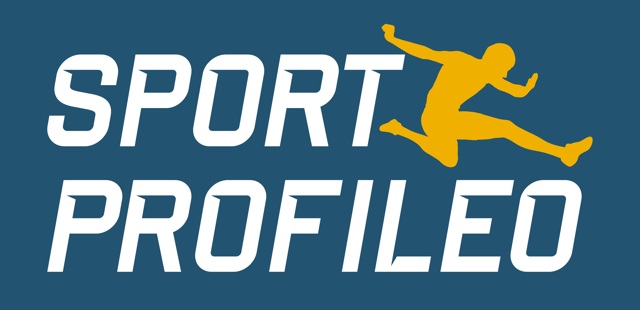As in business, the trend in top-level sport is to move from a culturally directive mode of athlete management to a more participative mode. This trend is the result of both a societal evolution (earlier aspiration to responsibility among the younger generations) and a better integration by coaches of the benefits of the participative mode: positive effects on the motivation of athletes and often on the quality of decisions themselves.
The challenge for coaches is not, of course, to systematically delegate all the decisions to be made. Rather, for some of them, the challenge is to make more use than in the past of the consultative, participative and delegative styles (described by Chelladurai, 1990), in order to develop management practices better adapted to the situations they encounter.
Developing a more participative management style is not something that can be done overnight and, overall, top-level sport remains a playground marked by directive practices.
How then can we facilitate this shift towards a more participative mode, at least in situations that justify it? From our point of view, this requires action with coaches at two levels, that of beliefs and that of behaviour.
First level: REVISIT BELIEFS
The aim is to help coaches question their beliefs about directive, consultative, participative and delegative modes. Basically, the motivation to implement one mode of decision making rather than another is based on the advantages and disadvantages that the coach attributes to them. This estimation of advantages and disadvantages is itself underpinned by the coach's beliefs about himself, the athletes and his sport. A judo coach stated: " I would like to delegate more to the athletes because I believe in the effectiveness of athlete empowerment. But it would be frowned upon in the context of my sport. (belief about her sport). A handball coach described her athletes as " too inexperienced to take charge" (belief about the athletes). A football coach felt that " he has been making decisions himself for 20 years and wouldn't know any different" (belief about self).
Several levers can help coaches to revisit their beliefs: training, sharing experiences with other coaches, and even mental preparation work to question beliefs that are too rigid. In addition to these proactive approaches, it is sometimes the results themselves that encourage the evolution of beliefs. In the context of a study carried out among 50 high-level coaches by Sport Profileo, a handball coach testified as follows: " Following a heavy defeat at home, our staff questioned themselves deeply and we decided to modify our management style in order to make the players more responsible.
Second level: ACT ON BEHAVIOUR
The aim is to support coaches in implementing new behaviours: to help them identify situations that are conducive to a non-directive mode of decision-making, to prepare the decision-making sequence with them beforehand, to debrief the situation once it has passed and to get them to collect feedback from their athletes on how they experienced the situation. Successful experiences of consultation, participation or delegation will then lead these coaches to change their beliefs and to anchor in their daily lives the use of registers that are complementary to directionality.
